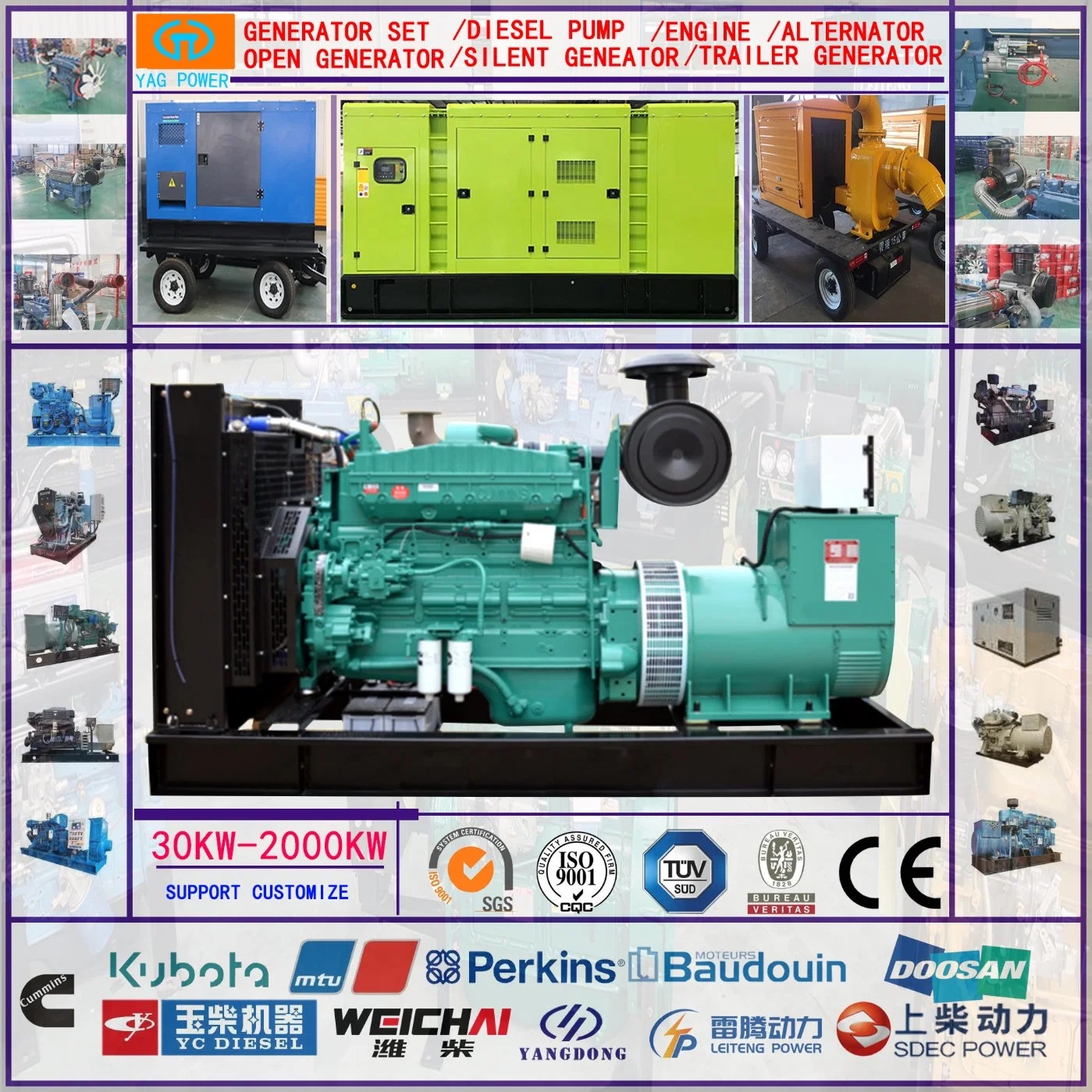Introduction
Diesel generators play a crucial role in providing backup power during emergencies or in off-grid locations where access to the main power grid is limited. In islanding operation, diesel generators are specifically designed to operate independently from the main grid, ensuring continuous power supply to critical loads. This article aims to provide a detailed overview of diesel generators for islanding operation, including their working principle, components, advantages, and applications.
Working Principle of Diesel Generators for Islanding Operation
Diesel generators for islanding operation are designed to generate electricity by burning diesel fuel in an internal combustion engine. The basic working principle involves converting the chemical energy stored in diesel fuel into mechanical energy through the combustion process. This mechanical energy is then used to drive a generator that converts it into electrical energy.
In islanding operation, the diesel generator operates independently from the main power grid. This means that the generator is responsible for supplying power to the connected loads without any external support. To achieve this, the generator is equipped with a control system that monitors the power demand, regulates the engine speed, and ensures a stable voltage and frequency output.
500kw diesel generator for data centers of Diesel Generators for Islanding Operation
1. Diesel Engine: The heart of a diesel generator is the internal combustion engine, which is responsible for converting the chemical energy of diesel fuel into mechanical energy. Diesel engines are known for their durability, efficiency, and reliability, making them ideal for continuous operation in islanding applications.
2. Alternator: The alternator is the component that converts the mechanical energy generated by the diesel engine into electrical energy. It consists of a rotor and a stator, with the rotor driven by the engine and the stator producing the electrical output.
3. Control System: The control system of a diesel generator for islanding operation is responsible for monitoring and managing the generator's operation. It includes sensors to measure parameters such as voltage, frequency, and engine speed, as well as a controller that adjusts the engine speed and output voltage to match the load demand.
4. Fuel System: The fuel system of a diesel generator includes components such as fuel tanks, fuel filters, fuel pumps, and fuel injectors. It is responsible for delivering the required amount of diesel fuel to the engine for combustion.
5. Cooling System: The cooling system of a diesel generator helps maintain the optimal operating temperature of the engine. It typically includes a radiator, cooling fan, and coolant circulation system to dissipate the heat generated during combustion.
Advantages of Diesel Generators for Islanding Operation
1. Reliability: Diesel generators are known for their high reliability and durability, making them suitable for critical applications where continuous power supply is essential. They can operate for extended periods without interruption, providing a reliable source of backup power.
2. Fuel Efficiency: Diesel engines are more fuel-efficient compared to gasoline engines, providing better fuel economy and lower operating costs. This makes diesel generators a cost-effective choice for islanding operations where fuel availability may be limited.
3. Easy Maintenance: Diesel generators are relatively easy to maintain, with fewer moving parts and simpler design compared to other types of generators. Routine maintenance tasks such as oil changes, filter replacements, and inspections can help prolong the generator's lifespan and ensure optimal performance.
4. Instant Power: Diesel generators can provide instant power output when needed, making them ideal for applications where a fast response time is crucial. They can ramp up to full load capacity within seconds of a power outage, ensuring uninterrupted operation of critical loads.

Applications of Diesel Generators for Islanding Operation
1. Remote Locations: Diesel generators are commonly used in remote locations such as islands, rural areas, and mining sites where access to the main power grid is limited. They provide a reliable source of backup power for essential services such as communication towers, water pumps, and healthcare facilities.
2. Emergency Backup: Diesel generators are essential for providing emergency backup power during power outages caused by natural disasters, equipment failures, or grid instability. They ensure that critical infrastructure such as hospitals, data centers, and emergency services remain operational during emergencies.
3. Off-Grid Systems: Diesel generators are often integrated into off-grid renewable energy systems such as solar or wind power to provide backup power when renewable sources are unavailable. They help maintain a stable power supply in off-grid locations where grid connection is not feasible.
Conclusion
Diesel generators for islanding operation play a vital role in ensuring continuous power supply in off-grid locations and during emergencies. Their reliability, fuel efficiency, easy maintenance, and instant power output make them a popular choice for critical applications where uninterrupted power supply is essential. By understanding the working principle, components, advantages, and applications of diesel generators for islanding operation, stakeholders can make informed decisions when selecting a backup power solution for their specific needs.
